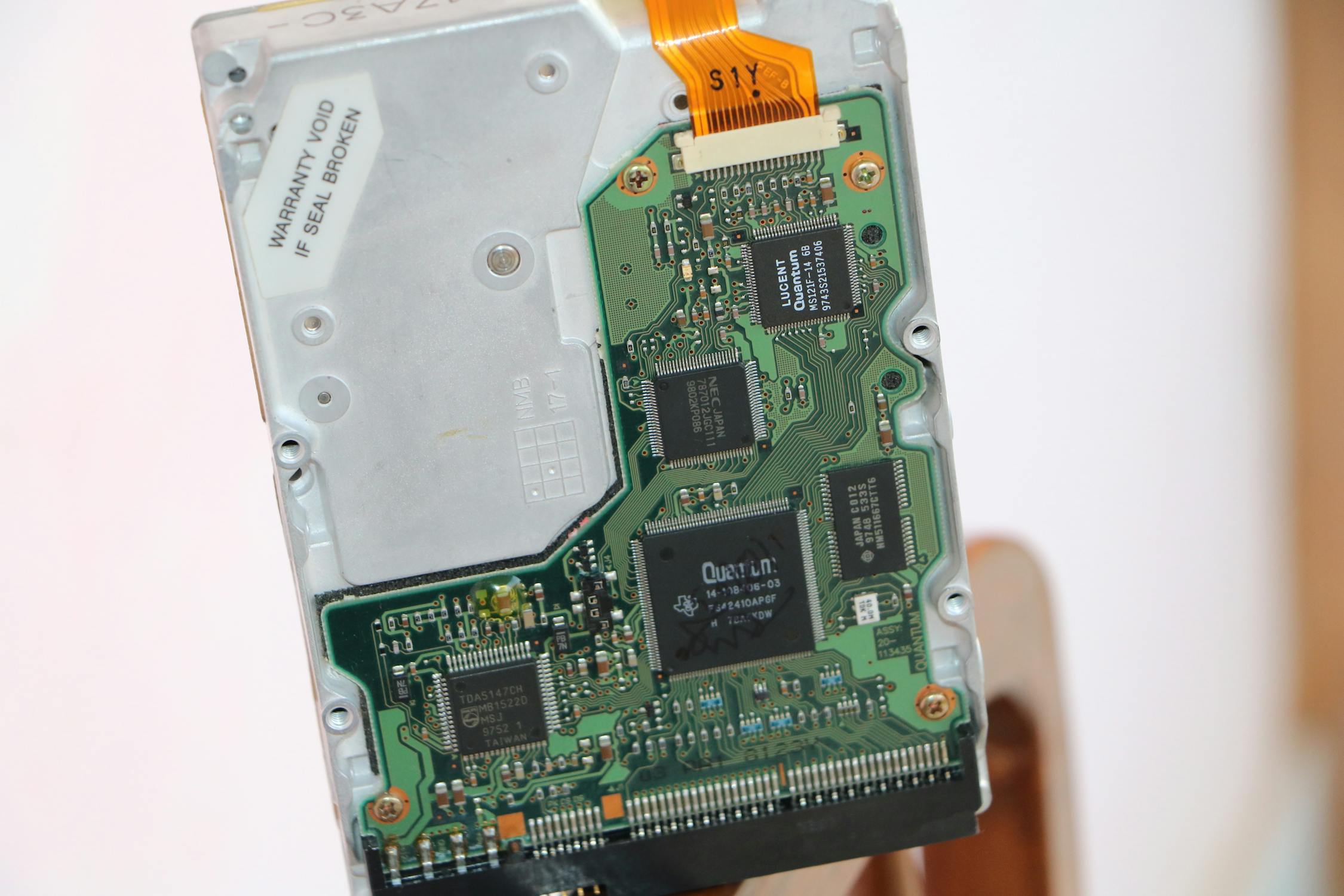
Introduction: A Nourishing Debate
As parents, we are constantly bombarded with contradictory information about what our children should and shouldn’t eat. One topic that often sparks heated discussions is whether kids should be allowed to snack. Some argue that snacks can ruin appetite and promote unhealthy eating habits, while others believe that they provide essential nutrients and energy for growing bodies. In this article, we will delve into the benefits and drawbacks of snacking and explore the best approach to cater to our little ones’ nutritional needs.
The Battle of Nutritional Benefit
On one hand, snacks can contribute valuable nutrients to a child’s diet. Well-chosen snacks can boost their nutritional intake, especially when they are picky eaters or struggle to finish their meals. For instance, a small cup of mixed fruits or vegetable sticks can provide vital vitamins, minerals, and fiber that their regular meals may lack. Snacks can also ensure that children meet their energy requirements, particularly if they are active or going through growth spurts, ensuring they have enough fuel to support their development.
On the other hand, some snacks can be detrimental to children’s health. Often, snacks high in added sugars, unhealthy fats, and sodium flood grocery store shelves, tempting young taste buds. Consuming such snacks chronically can lead to weight gain, nutrient deficiencies, and an increased risk of chronic diseases later in life. Additionally, excessive snacking can reduce appetite during meal times, resulting in inadequate intake of essential nutrients.
Striking the Right Balance
The key lies in finding a balance between healthy snacking and maintaining a nutritious diet overall. Rather than forbidding snacks altogether, adopting a mindful approach is crucial. Here are some tips to guide you in providing healthy snacks for your kids:
1. Emphasize Nutrient Density:
Opt for snacks rich in essential nutrients like fruits, vegetables, whole grains, and protein, instead of empty-calorie options. Encourage your children to have a variety of nutritious snacks, ensuring they receive a wide range of vitamins and minerals.
2. Portion Control:
Teaching kids about appropriate portion sizes can instill healthy eating habits. Offering pre-portioned snacks or guiding them to select reasonable portions can prevent excessive calorie consumption.
3. Encourage Hydration:
Snacks provide an opportunity to increase water intake, which is crucial for children’s overall health. Incorporating snacks like juicy fruits or infused water can help them stay hydrated.
4. Limit Processed Snacks:
Reduce the consumption of processed snacks, such as chips, candies, and cookies. Instead, opt for healthier alternatives, like homemade popcorn, yogurt with fresh fruits, or whole-grain crackers with nut butter.
5. Time Snacks Wisely:
Offer snacks at scheduled times, ensuring they don’t interfere with regular meals. Avoid giving snacks too close to mealtime to prevent appetite suppression during main meals.
Conclusion: Nourishing Bodies with Mindful Snacking
Snacks can either act as a fantastic addition to your child’s daily nutrition or disrupt their overall health if chosen poorly. By providing nutrient-dense snacks, controlling portion sizes, encouraging hydration, limiting processed options, and timing snacks appropriately, you can strike a harmonious balance between nourishment and indulgence.
Remember, moderation is key, and constant communication with your child about their snacking choices is valuable in inculcating healthy eating habits that will last a lifetime.
Frequently Asked Questions (FAQ)
Q1: How many snacks should I provide my child per day?
A1: The number of snacks may vary depending on your child’s age and activity level. Generally, two to three well-balanced snacks are sufficient. However, always pay attention to their appetite and adjust accordingly.
Q2: Can snacking lead to tooth decay?
A2: Frequent snacking, especially on sugary snacks, can increase the risk of tooth decay. Encourage your child to brush their teeth after consuming snacks and provide dental-friendly options like crunchy fruits and vegetables.
Q3: Are packaged snacks with health claims always a good choice?
A3: Not necessarily. Always read the labels to ensure the snack contains beneficial nutrients and avoid those excessively high in added sugars, unhealthy fats, or sodium, even if they claim to be healthy.
Q4: Should I avoid snacks when my child is on a restricted diet?
A4: If your child follows a restricted diet due to allergies or special dietary needs, it may require more careful selection of snacks. Consult with a pediatric dietitian to ensure their nutritional requirements are met without compromising their restrictions.
Q5: Are all snacks suitable for children of all ages?
A5: No, some snacks may pose choking hazards for young children. Avoid giving small, hard, or sticky foods to infants and toddlers. Always consider age-appropriate options to ensure their safety.
No responses yet